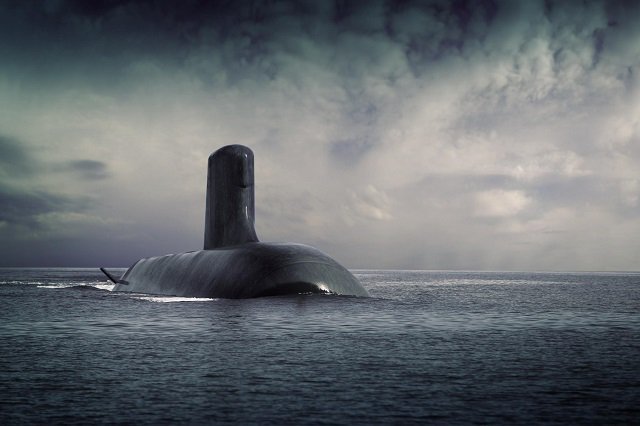Washington. September 19. INTERFAX-Australian Defense Minister Peter Dutton said that even before the agreement on the construction of nuclear submarines in Australia in cooperation with the United States and Great Britain, Canberra told Paris about its concerns about the deal on French submarines.
"Suggestions that the Australian government has not raised these concerns simply challenge, frankly, what is in the public domain, and certainly does not reflect what it has been publicly talking about for a long period of time," Dutton said in an interview with Sky News.
He said on Sunday that Australia had for several years expressed concern to France about the order from 2016, which, according to calculations, will cost much more today.
Prime Minister Scott Morrison said on Friday that he had expressed "very serious concerns" about the deal to French President Emmanuel Macron back in June, and made it clear that Australia "will need to make a decision in our national interests."
Australian Finance Minister Simon Birmingham said Australia had informed France in advance of the deal, but on Sunday admitted that negotiations with the US and Britain were secret, given the "enormous sensitivity".
Dutton and Birmingham declined to disclose the cost of the new agreement, although Dutton said that "it will not be a cheap project."
This week, US President Joe Biden, Australian Prime Ministers Scott Morrison and British Prime Minister Boris Johnson announced the creation of a new trilateral security partnership - AUKUS.
The first major initiative of AUKUS will be the construction of a nuclear submarine fleet for Australia. This provides for the refusal of Canberra from the contract for the construction of submarines with the French company Naval Group for $90 billion.
As reported, French President Emmanuel Macron was not informed about the preparation of the partnership agreement, its details were agreed by the three parties at the June summit of the "big seven" in Cornwall in the south of England from June 11 to 13. In the British government, the documents relating to the transaction were marked "top secret", their discussions took place in specially protected rooms.
French Foreign Minister Jean-Yves Le Drian denied reports that prior consultations were held with France before the announcement of the agreement, saying that "this is not true."
The allies "do not treat each other with such cruelty, with such unpredictability," the minister said.
After the announcement of the agreement, Paris recalled its ambassadors from Washington and Canberra. Le Drian, in an interview with France 2 TV channel, said that this step "shows the strength of today's crisis" between the French government and Washington and Canberra.

